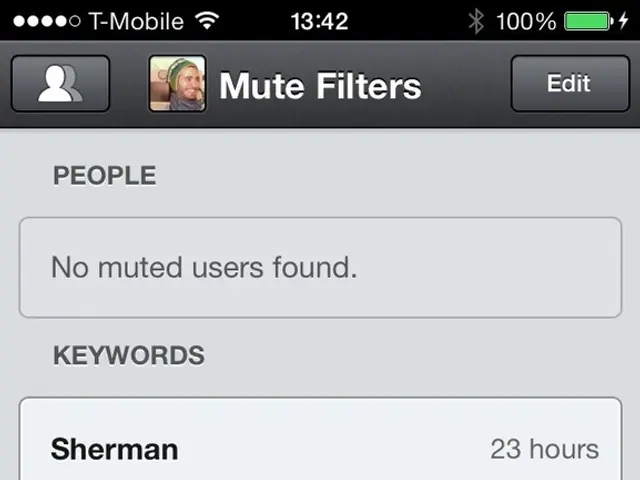Lenovo's Lena AI chatbot potentially transformed into a covert hacker through a single questionable inquiry
Lenovo's AI chatbot Lena, powered by ChatGPT, has been identified as potentially vulnerable to malicious prompts, according to research by Cybernews. This vulnerability could lead to serious security concerns, such as the sharing of active session cookies with unauthorised parties and the execution of system commands.
The researchers discovered multiple security issues in Lena's design, including improper user input sanitization, improper chatbot output sanitization, and running unverified code. These vulnerabilities could lead to Cross-Site Scripting (XSS) attacks.
Cybernews' discovery highlights a massive security oversight with potentially devastating consequences for companies using chatbots. To secure Lena against XSS attacks and malicious prompts, it is essential to implement strict input validation and output sanitization, restrict chatbot-generated HTML content, and enforce security policies on how chatbot responses are rendered in users' browsers.
Key steps for securing Lena include:
- Input Sanitization: Rigorously sanitize and validate all user inputs to remove or neutralize any potential script payloads or HTML tags before processing prompts.
- Output Encoding/Sanitization: Escape or encode any chatbot response content that might be rendered in browsers, especially if it includes HTML or JavaScript elements, to prevent script execution.
- Content Security Policy (CSP): Implement strict CSP headers that block inline scripts and disallow loading resources from untrusted sources.
- Limit Chatbot’s HTML Generation: Avoid allowing the chatbot to produce raw HTML or script code in its outputs.
- Session Management Hardening: Ensure that sensitive authentication data like session cookies are marked HttpOnly and Secure.
- Continuous Monitoring and Prompt Filtering: Monitor chatbot logs for suspicious input patterns and use prompt filtering to detect and block potentially malicious commands or malformed payloads.
- Regular Security Assessments: Conduct frequent penetration testing and code reviews focused on AI prompt injection and XSS vectors to identify evolving threats and patch quickly.
Lenovo was notified of the findings, but did not provide specific details about the measures taken to protect its systems. The urging from Cybernews for companies to act accordingly suggests that the potential risks associated with chatbots are significant and wide-ranging.
The researchers did not specify if they tested the potential execution of system commands on any chatbot other than Lena. However, the potential manipulation could extend beyond stealing active session cookies to executing system commands, which could allow for the installation of backdoors and lateral movement to other servers and computers on the network.
In conclusion, the security of AI chatbots like Lena is crucial in today's digital landscape. Companies must prioritise the implementation of robust security measures to protect their systems and sensitive data from potential threats.
Read also:
- MRI Scans in Epilepsy Diagnosis: Function and Revealed Findings
- Hematology specialist and anemia treatment: The role of a hematologist in managing anemia conditions
- Enhancing the framework or setup for efficient operation and growth
- Hydroelectric Power Generation Industry Forecasted to Expand to USD 413.3 Billion by 2034, Projected Growth Rate of 5.8% Compound Annual Growth Rate (CAGR)








